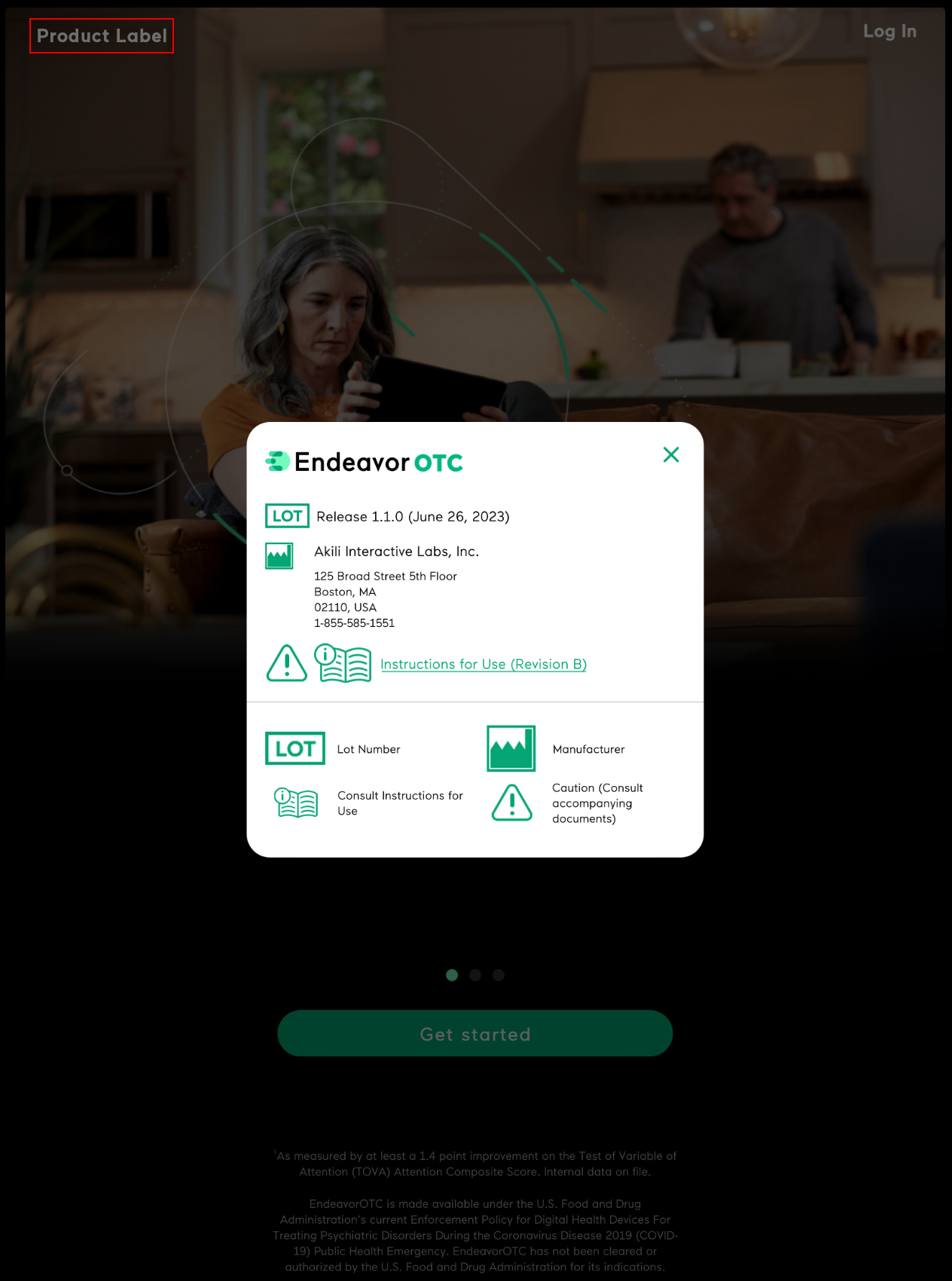Is it Aging or is it ADHD? What ADHD Can Look Like in Older Adults

Did I forget what I was doing because I’m getting older, or did I forget because of my ADHD? As we age, sometimes it can be difficult to disentangle a regular sign of aging from a symptom of ADHD. Although ADHD is not a disorder believed to appear in later adulthood, symptoms can feel more prominent at different stages of life. As signs of aging increase, it’s possible common signs of aging can mimic or even worsen symptoms of ADHD. Understanding if it’s aging or ADHD can be particularly difficult for people that may have never been diagnosed with ADHD. In fact, older adults are more likely to be underdiagnosed with ADHD, particularly adult women.
Cognition and Aging
ADHD symptoms can be difficult to differentiate from some expected level of memory or attentional decline with aging, particularly for generations that were often not diagnosed with ADHD as a child. While aging can inevitably bring about alterations in cognition, the impact can vary across cognitive domains. For example, speech and language are types of cognition that are generally preserved with age. In contrast, processing speed, attention, and executive functioning are types of cognition that do typically decline with age. Importantly, these same areas of cognition that slow a bit as people age—processing speed, attention, and executive functioning— are the ones that can influence ADHD symptoms!
Some signs of normal aging that overlap with or mimic signs of ADHD in older adults:
| Cognitive Area | Naturally Declines with Age | Associated Challenges with ADHD | Signs of Aging May Worsen ADHD Symptoms |
|---|---|---|---|
| Executive Function: A set of cognitive processes responsible for goal-directed behavior, such as planning, organizing, problem-solving, inhibiting impulses, and regulating emotions. | Yes | Yes | No |
| Processing Speed: The measure of how quickly someone can perceive, understand, and respond to incoming information or stimuli. | Yes | Yes | No |
| Working Memory: Temporarily holding and manipulating information needed to execute tasks. | Yes | Yes | No |
| Prospective Memory: The ability to remember to perform intended actions or tasks in the future, at a specific time or in a specific context. | Yes | Yes | No |
| Source Memory: The ability to remember where you learned information. Was it from a friend or from a news program? | Yes | No | Yes |
| Declarative or “Explicit” Memory: The ability to recall facts, events, and concepts. | Yes | No | Yes |
| Spontaneous Recall: The ability to retrieve information from memory without prompts or choice options. | Yes | No | Yes |
| Divided Attention: The ability to focus on and process multiple tasks or stimuli simultaneously. | Yes | Yes | No |
| Selective Attention: The ability to focus on specific stimuli while ignoring other stimuli. | Yes | Yes | No |
| Speech Discrimination: The ability to distinguish what someone said from background noises. | Yes | No | Yes |
| Hearing: The ability to hear sounds of different pitches and loudness. | Yes | No | Yes |
Note: All these cognitive areas that can naturally decline with age can also mimic or worsen symptoms of ADHD. While ADHD is not associated with speech difficulties or hearing loss, difficulties distinguishing or hearing sounds can mimic or worsen signs of ADHD, such as difficulty sustaining attention or remembering information from a conversation. ADHD difficulties with sustained attention can also mimic or worsen age-related changes in source memory, declarative memory, and spontaneous recall.
Treatment Considerations
Not everyone will experience the same symptoms of aging or ADHD, or the same severity or impairment of symptoms. If you are experiencing some of these symptoms, consult with your healthcare provider to better understand which symptoms may be ADHD, aging, or a combination. You may just think it’s all normal aging that you cannot change. But sometimes ADHD can make these symptoms worse or harder. Older adults are less likely to have been previously diagnosed with ADHD as a child, making this distinction more difficult. We cannot change aging, but we can help manage ADHD symptoms. If you are experiencing untreated or undiagnosed symptoms of ADHD, some symptoms could improve.
About the Author
-
Jessica E. Flannery, PhD is the Associate Director of Clinical Science at Akili. She is a clinical licensed psychologist, an ADHD-Certified Clinical Services Provider (ADHD-CCSP), and a developmental social neuroscientist. She has published over 50 peer-reviewed articles, received prestigious fellowships and awards and is a prior TEDx speaker.

